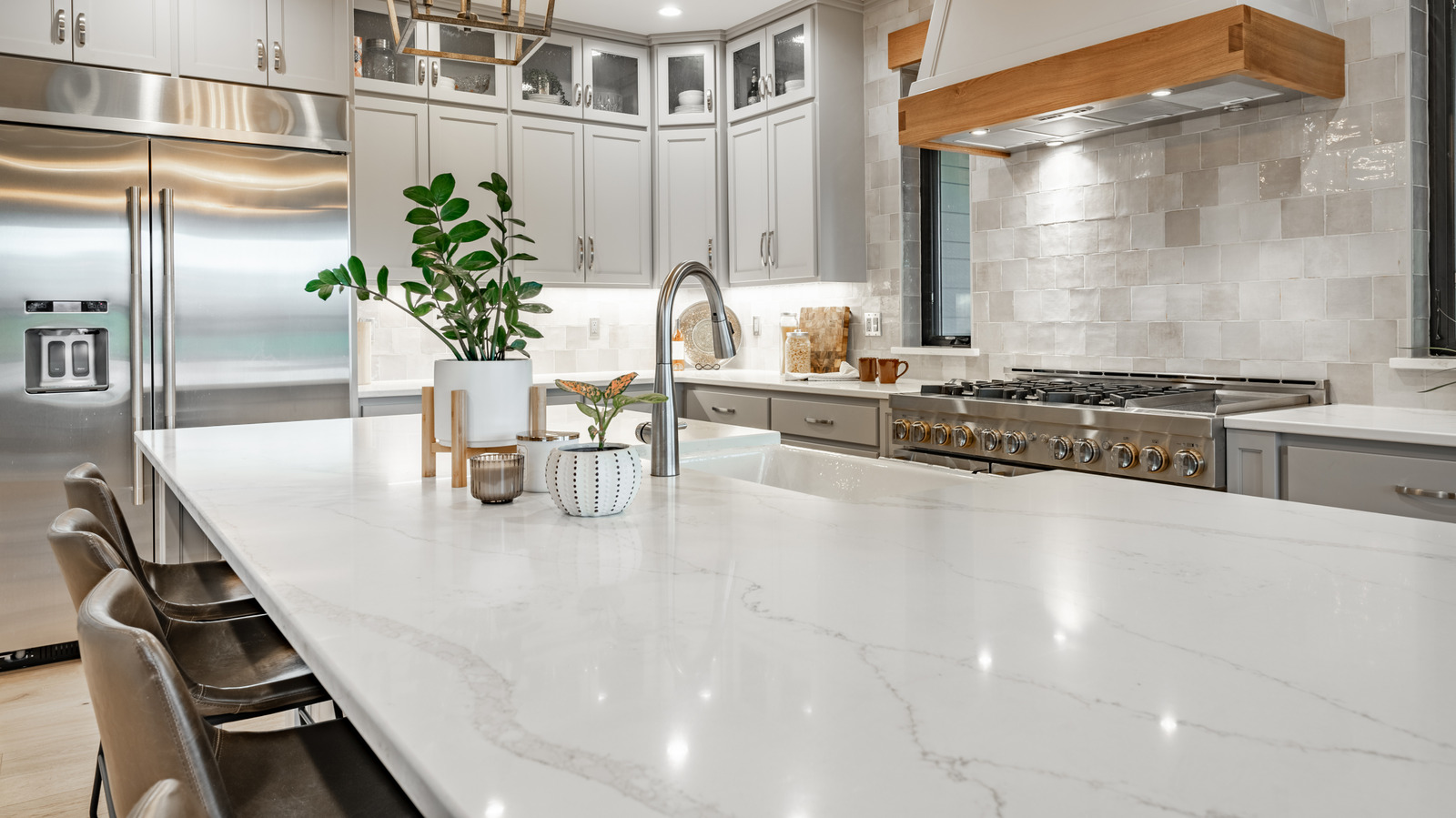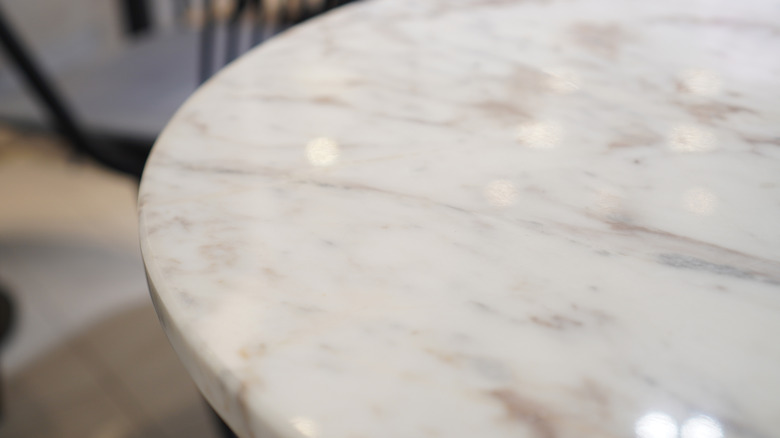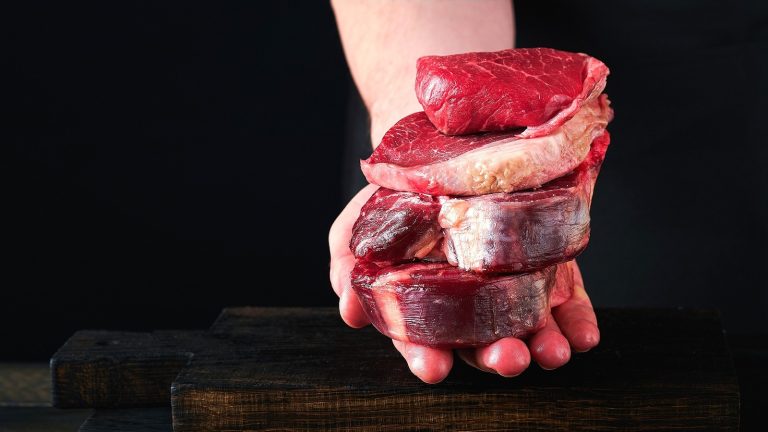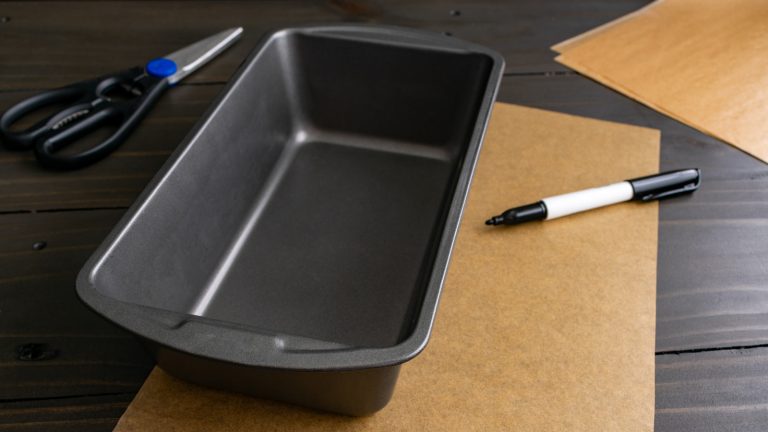If you’ve finally got yourself a house and your goal is building a kitchen that feels like home, marble is appealing: It’s bright white and it’s got a modern feeling to it. That modernity is fading, though, with plenty of interior designers beginning to see marble counters as untrendy, which may or may not be important to you. However, if you’re hoping for your kitchen to last a long time, through multiple trends, that’s not the only reason you should be wary of marble.
Any marble is going to be precariously prone to scratches and staining. This means that marble countertops share some very similar problems with much cheaper laminate countertops, which are also a major mistake. Even buying cheaper white marble can cause trouble, because if you buy marble with veins — those decorative grey streaks — cheaper marble might not keep those veins lined up when different pieces of marble are connected. Marble counters can be visually pleasing, but a stained and damaged counter is the worst kind of counter for selling your house. It’s only a great investment if you’re meticulously clean or if you just don’t cook all that much.
Marble countertops are easily spoiled
Marble is heavy and repairs are costly. Anything more than small cracks might require professional help, and there are more DIY-friendly countertops out there. The reason marble is so easily damaged is because of how porous it is: Beneath its shiny surface, there’s a lot of air and room for liquids to enter and cause discoloration and water damage. Marble is also especially vulnerable to acids, including citrus juices, wine, and coffee. This also includes any cleaners with acid in them, which means anything containing vinegar should stay off your counter. Any strong, abrasive cleaners may also scratch, so you need to stick with baking soda or a very small mixture of soap and water.
What’s a good alternative, then? If your goal is something that’s more sturdy and less of a headache to clean, then granite or quartzite are better choices for kitchen counters. Granite is durable and less likely to scratch or stain while quartzite is pricey but resembles marble — while being much less porous and vulnerable to stains. Engineered quartz is even less porous than quartzite. If you’re willing to splurge on a surface like marble, you might as well choose something that’s a little more resilient. It still comes polished and it still looks nice.





